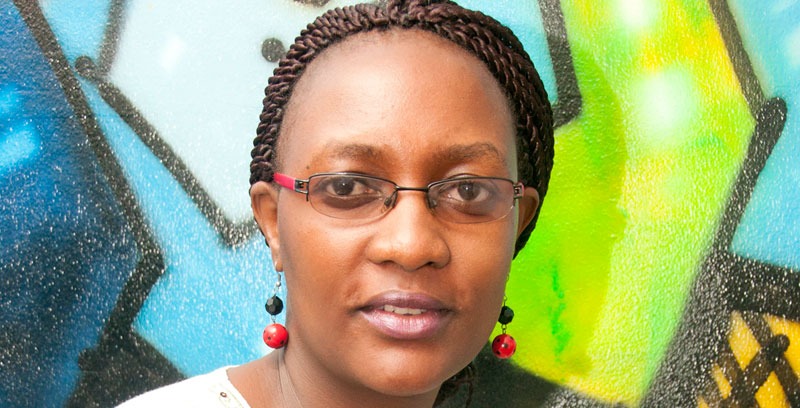Guest Writer
Media needs support, not ban on covering rights violations
The world commemorated the Human Rights Day on December 10 – a day when countries weigh their achievements against failures and forge a way forward on how to improve their human rights situation.
I will not belabour the achievements and failures of others countries but focus on Uganda. This year’s Human Rights Day was celebrated on the heels of the Kasese killings. Several lives (more than 100 according to media reports) were lost when a combined force of police and army raided the Rwenzururu Kingdom palace on 27 November 2016. The attack left the people of Kasese devalued and reduced to less than humanly acceptable standards.
There were pictures of naked dead bodies with hands tied to their backs, and naked or half-dressed women bundled onto trucks to detention centres.
While the attack has been widely condemned in Uganda, the Kasese incident was not the only disturbing human rights abuse. What was more disturbing, but connected to the Kasese attack was the move by communications regulator – Uganda Communications Commission – to gag media coverage of the incident, citing compromise of court processes and breach of minimum broadcasting standards.
In a press statement on 6 December 2016, UCC directed broadcasters to “refrain from further airing any programmes regarding the Kasese incident and/or the prosecution of Charles Wesley Mumbere”.
The UCC directive contravenes Article 29 of the constitution which guarantees freedom of speech and expression that also includes press and media freedoms. The media has always reported court proceedings to keep the public informed about various cases. Why should the Kasese case be different and yet it has national interest and importance?
This constitutional provision for freedom of speech is regularly under threat and should be an issue of concern to all people interested in upholding human and democratic rights. In September, Parliament of Uganda summoned newspaper editors over stories that highlighted MPs inconsiderate demands and expenditures. The MPs’ demands for disciplinary against the journalists who authored the stories were met with protests and condemnation.
It’s therefore important that we stop ignoring and keeping quiet about human rights abuses that take place in our backyards. We shouldn’t be tempted to think that human rights abuses affect only a certain category of people. Anyone could have been a victim of the Kasese attack, whether they hail from the area of not.
We should stop being comfortable in the face of human rights abuses because the cases are many as seen in the past three months alone. On 12 November 2016, Kenneth Akena was shot dead at Lugogo, Kampala; on 30 September, Grace Ageno, a councillor of Greenland Parish, Pager Division in Kitgum municipality was shot dead by unknown gunmen and on 5 October 2016, Tonny Olanya, a former employee of Uganda Revenue Authority was shot dead at his home in Ajul in Kitgum District.
In Gulu District, two people have in the past weeks been killed by iron bar hit-men and scores others left with life threatening injuries.
Such murders must be conclusively investigated by the relevant authorities and the culprits brought to book. Government should also beef up security in various parts of the country.
However, as the investigations go on, the government should not curtail the media from reporting these matters, as it is a form of accountability. Instead, the media’s capacity should be strengthened to report on such sensitive matters.
Charity is the Communication and Advocacy Manager, Citizens’ Coalition for Electoral Democracy in Uganda and Foundation for Human Rights Initiative.
Comments




















